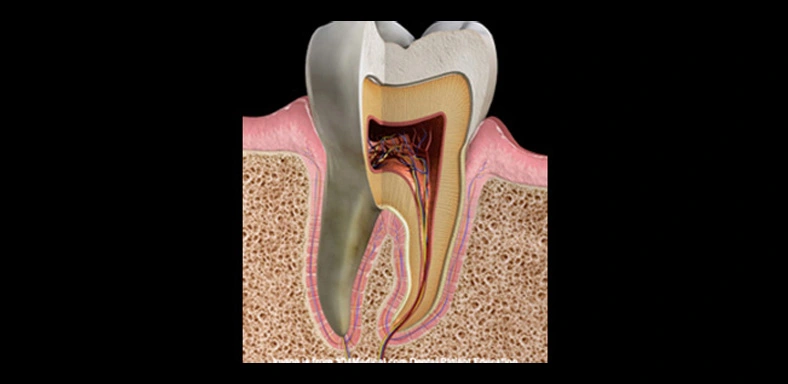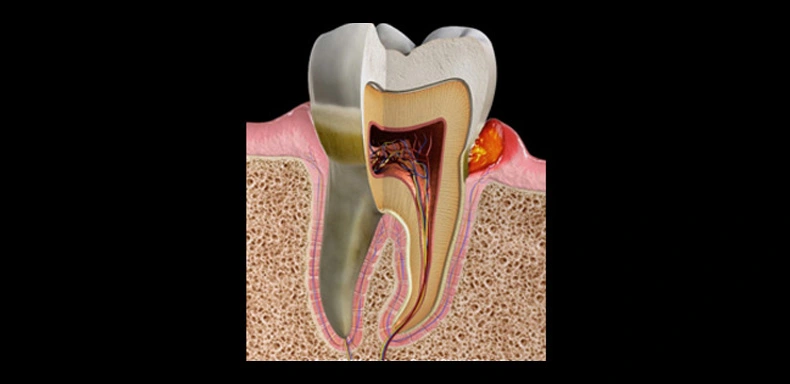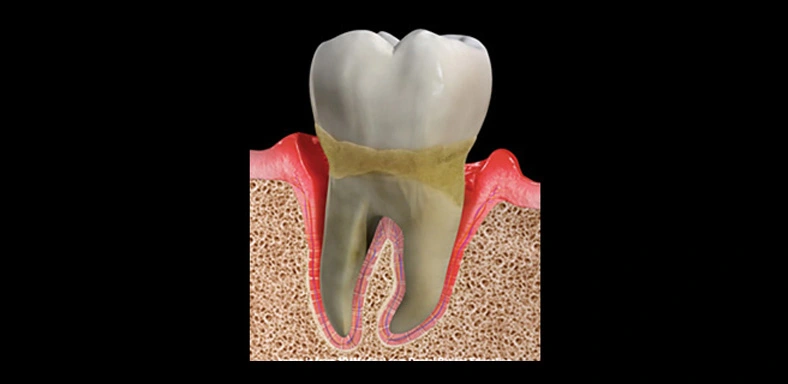Gum disease FAQs
What is the cause of gum disease?
All gum disease is caused by plaque. Plaque is a film of bacteria which forms on the surface of the teeth and gums every day. Many of the bacteria in plaque are completely harmless, but there are some that have been shown to be the main cause of gum disease. To prevent and treat gum disease, you need to make sure you remove all the plaque from your teeth every day. This is done by brushing and flossing.
What Symptoms Do You Have When You Have Gingivitis?
Early gum disease, also known as gingivitis, often shows as red gums that are sore to the touch and bleeding gums while flossing or brushing. You can also experience bleeding if consuming meals that are very tough or crunchy. It’s possible that the dental hygienist will point out that you have some pockets in your gums at the points where they adhere to your teeth, which is another sign of early gum disease.
What is a gum pocket?
A gum pocket is a space that forms between the gum and the tooth which can extend from the point where the gum attaches to the tooth down to the tooth root. As the pocket gets bigger, the gap between gum and tooth becomes larger. The presence of gum pockets are seen as one of the symptoms of gum disease.
How can I prevent gum disease?
Most people suffer from some form of gum disease, and it is the major cause of tooth loss in adults. However, the disease develops very slowly in most people, and it can be slowed down to a rate that should allow you to keep most of your teeth for life. This is only possible if you have regular dental and hygiene appointments and you adhere to a full oral health regime at home as instructed by your hygienist.
Healthy Gums

Inflamed Gums

Periodontal Disease

Booking an appointment
Book a thorough clean for sparkling teeth in Ealing by calling 020 8840 5651 or email [email protected]